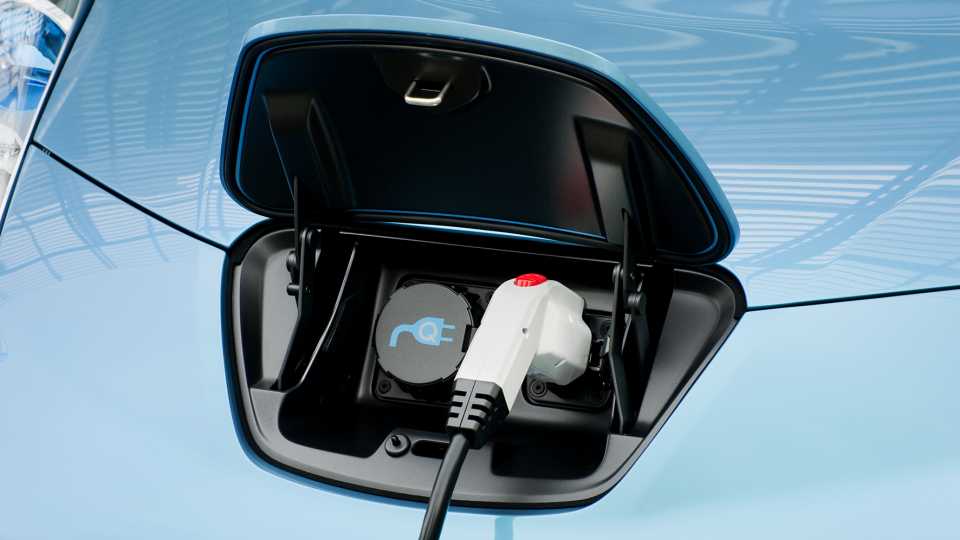Record year for plug-in car sales in 2019

Combined alternatively fuelled vehicle (AFV) registrations in 2019 have taken a record 7.4% market share, according to SMMT figures.
Hybrid electric vehicles (HEVs) continued to dominate this sector, with registrations increasing +17.1% to 97,850 units. Battery electric vehicle (BEV) registrations experienced the biggest percentage growth, rising +144.0% to 37,850 units and overtaking plug-in hybrids for the first time (which fell -17.8%).
BEVs took up 1.6% market share, and the SMMT says that it underlines the progress needed to reach the 50-70% share the government wants in the next 10 years.
Overall, the UK new car market declined in 2019, with annual registrations falling for the third consecutive year. 2,311,140 units were registered last year, representing a -2.4% decline
The SMMT puts this down to a turbulent market reacted to weak business and consumer confidence, general political and economic instability and confusion over clean air zones.
The annual decline was driven primarily by falling private demand, with registrations from consumers down -3.2%, while the small volume business market also fell, down -34.4%. Fleet registrations, meanwhile, remained broadly stable, up +0.8%. Demand fell across nearly all vehicle segments, with only the dual purpose and specialist sports categories experiencing growth, up +12.0% and +19.2% respectively. Despite registrations of superminis and lower medium cars falling (by -6.0% and -4.0% respectively), these smaller vehicles remain the most popular – with a combined 57.1% market share.
There was modest growth in demand for petrol cars, up +2.2%. However, this was not enough to offset the significant -21.8% decline in diesel registrations. December marked the 33rd month of diesel decline, as continued anti-diesel rhetoric and confusion over clean air zones hit demand. This has resulted in drivers keeping their older, more polluting vehicles on the road for longer, holding back progress towards environmental goals.
The figures come as SMMT publishes data showing the UK new car fleet average CO2 rose for a third successive year, by +2.7% to 127.9g/km. Massive investment by manufacturers into advanced powertrains, lightweight materials and aerodynamics means new cars are ever more efficient, with new cars emitting, on average, some -29.3% less CO2 than models produced in 2000. However, this could not offset the overall rise which was due primarily to the effect of the more stringent WLTP test of new models, which generally ascribes a higher CO2 value than the older NEDC test to the same model, as well as some segment shifts and the decline in diesel.



